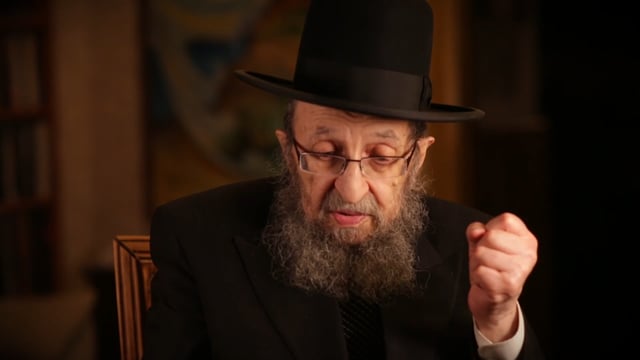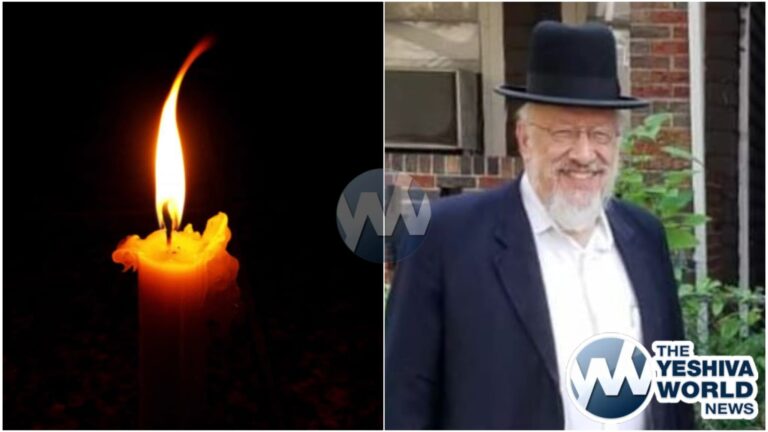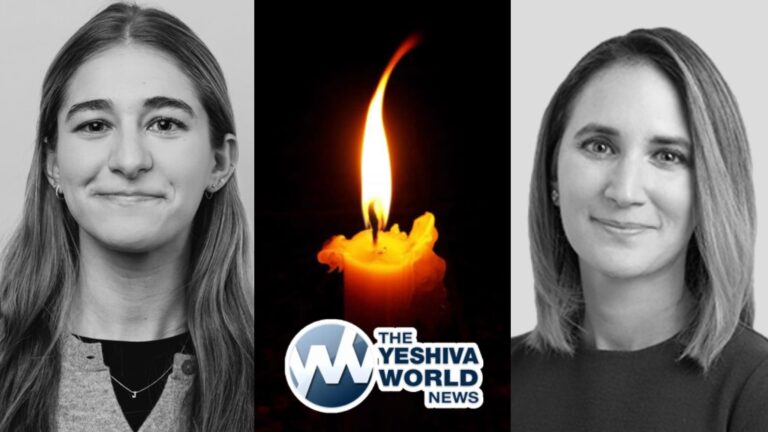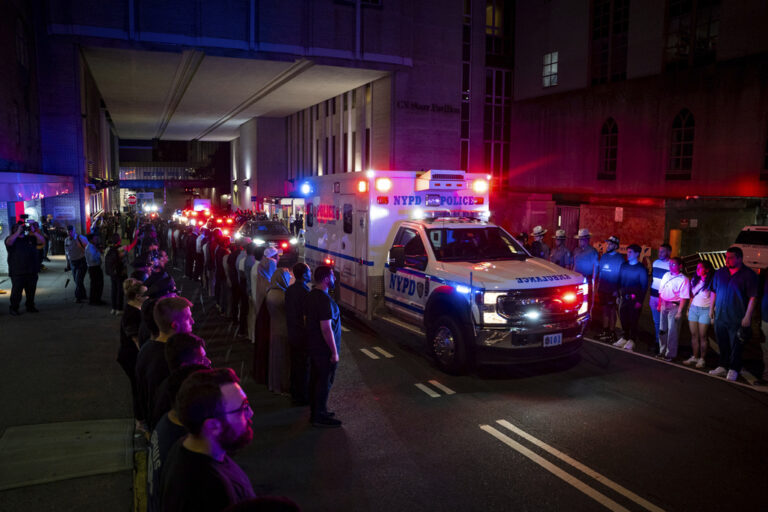 New Jersey – Amid this recession, families across New Jersey are struggling to keep up with basic needs, including securing the education of our children, yet the state chooses not to do all it can to assist private education in this crucial endeavor.
New Jersey – Amid this recession, families across New Jersey are struggling to keep up with basic needs, including securing the education of our children, yet the state chooses not to do all it can to assist private education in this crucial endeavor.
Private education in New Jersey is a more complex issue than simply favoring or opposing school vouchers. It is about the right of parents to choose where they send their children to school, and the state’s responsibility to ensure that they have equal access to education funding. Apart from school voucher programs, there are a variety of simple ways New Jersey could improve private education for more of our children.
First, federal funds allocated to state education could be extended to private schools. In one example, New York City provides free instructional tutoring for about 10,000 yeshiva students. This remedial support in reading, writing and math, valued at approximately $24 million, is funded by Title I of the federal No Child Left Behind Act. Mayor Michael Bloomberg has pointed out that while the city is working to turn around its public schools, these improvements do not have to come at the expense of its private schools.
Although NCLB requires that funds be distributed equitably among public and private schools, this has not been the practice in many states, including New Jersey and New York. A study done in 2007 for New York’s Department of Education found that in Brooklyn alone, tens of thousands of private school students were missing out on tens of millions of dollars to which they were entitled.
The same is true for federal funds available to states through Title I of the American Recovery and Reinvestment Act of 2009, also known as the stimulus package, which provides grants to educational agencies to “strengthen education, drive reform and improve results for students.” All students. Yet New Jersey state Commissioner of Education Lucille Davy wants to reserve the state’s stimulus funds for use by local public school districts or preschools rather than apply them as well to approved private school programs.
In addition to making better use of federal funds, there are creative, low-cost proposals to improve access for parents who want to send their children to private schools. Languishing in the state Legislature since early last year is Senate Bill 1607, the Urban Enterprise Zone Jobs Scholarship Act, which authorizes a pilot scholarship program for low-income children in 10 urban areas to attend participating schools.
Sponsored by state Sens. Tom Kean Jr., R-Union, and Raymond Lesniak, D-Union, the act would provide tax credits to corporations making donations to non-profit organizations that in turn provide tuition relief scholarships for students with family incomes up to 2.5 times the federal poverty level. The bill is supported by groups ranging from Agudath Israel of New Jersey to the Catholic Conference of New Jersey to the Black Ministers’ Council of New Jersey.
Similar programs with strong bipartisan support exist in several other states, including those that allow both corporate and personal tax credits. But so far New Jersey politicians seem to lack the political will to risk losing campaign contributions from the New Jersey Education Association, which opposes the bill.
New Jersey’s Orthodox Jewish community alone pays approximately $150 million per year in property taxes to fund public schools across the state, yet it is seeing a smaller and smaller return on that investment in terms of education assistance for children attending private Jewish educational institutions. For example, there have been massive cuts in state technology grants for private schools that have cost Jewish institutions more than $1 million.
Even federal Title I funding for remedial assistance and special education programs is held up by local school boards rather than being shared with non-public schools.
Where the funding and other opportunities exist to improve the quality of education for children in private schools, it is unconscionable not to do so.
The dollar figures mentioned here are based on the Jewish community, but the issue of education funding allocation in New Jersey affects other faith-based communities as well — communities that, in aggregate, contribute roughly $1 billion to public education every year.
These tax dollars we pay at both the federal and state levels to fund education are meant to be an investment in the future of our state: our children. Programs such as NCLB and the grants awarded under Title I were designed to benefit all students, whether they attend public or private schools. The state Urban Enterprise Zone Jobs Scholarship Act could enable countless more of the state’s families to send their children to the schools of their choice.
It’s time to hold our representatives in Trenton accountable to ensure that all of New Jersey’s children receive the education to which they are entitled — and for which we all are already paying.
Josh Pruzansky is executive director of Agudath Israel of New Jersey, a regional affiliate of Agudath Israel of America, a broad-based Jewish advocacy group with chapters throughout the U.S. and Canada.
(The above Op-Ed appears in the Asbury Park Press)











4 Responses
He who pays the fiddler calls the tune. Do we really want the government calling the tune?
the real problem here is that the agudath refuses to take the necessary steps that are needed to remedy this situation .
there is a two step solution to this problem in my opinion and here they are , and both steps can be done at the same time .
the first step would be a very radical step and here it is . all yeshivas and all private schools that educate should say that come January first we will close all our schools and register all our children in the local public school system . let the state education departments call our bluff , however once they see us lining up to register then they will find a way to come up with funds for us since we do teach state mandated subjects we should have the state pay for this .
the second thing we should do is as follows . we should sue our state education departments for the following reason . most private schools teach state mandated subjects and even give state mandated tests in the private schools and then no one complains about separation of church and state. based on that thinking we should be entitled to these funds and if they are not given without a fight then we should sue the states and the teachers unions under rico laws for fighting us and not giving us what in everybody’s opinion we should be entitled to .
Yosse (#2) — perhaps you suggest that in 1941 we should have offered to commit masas suicide, and see if the Germans would call our bluff!
The public schools, especially in urban areas such as New York, Baltimore, Chicago, etc. desperately want more Jewish students. It would promote integration. They believe that Jewish students would be good students. Especially in New York where the secular teachers tend to be frei Jews, it would also give them an opportunity to see that the students develop politically correct ideas and reject such “backwards” ideas as homophobia, seeing a connection between sex and marriage, following peculiar ethnic customs that isolate them from the mainstream of American society, etc.
The reality is that accepting government funds means turning over children to the government for education. It was tried. Why do you think almost all the pre-war immigrants ended up giving up on Yiddishkeit?
akuperma
perhaps you suggest that in 1941 we should have offered to commit masas suicide, and see if the Germans would call our bluff!
to compaire what i wrote to this showes that we boath have a differant way of thinking.
in nyc there is not enough room for the students that they have now , so therefore the school system has no room for more kids , therefore we can talk from strength . how do you think in monro the satmar kehila got to make there own schools . they were told that they can’t have there own schools and the kids must go to the local . satmar answered back no problom , however beaware that starting tomorrow we will over ten thousand kids here lined up to register in the public schools here and then we will be the majority , and guess what happened . the town of monroe gave satmar permission to build there own schools.
Why do you think almost all the pre-war immigrants ended up giving up on Yiddishkeit .
the answer to this question is simple. when people had no money and were going week to week looking for work and getting thrown out for not coming on saturday , they nebach lost all hope and evan parents went off the way then .
today we have much more clout then in pre-war america , there i think that this is the best way to go.